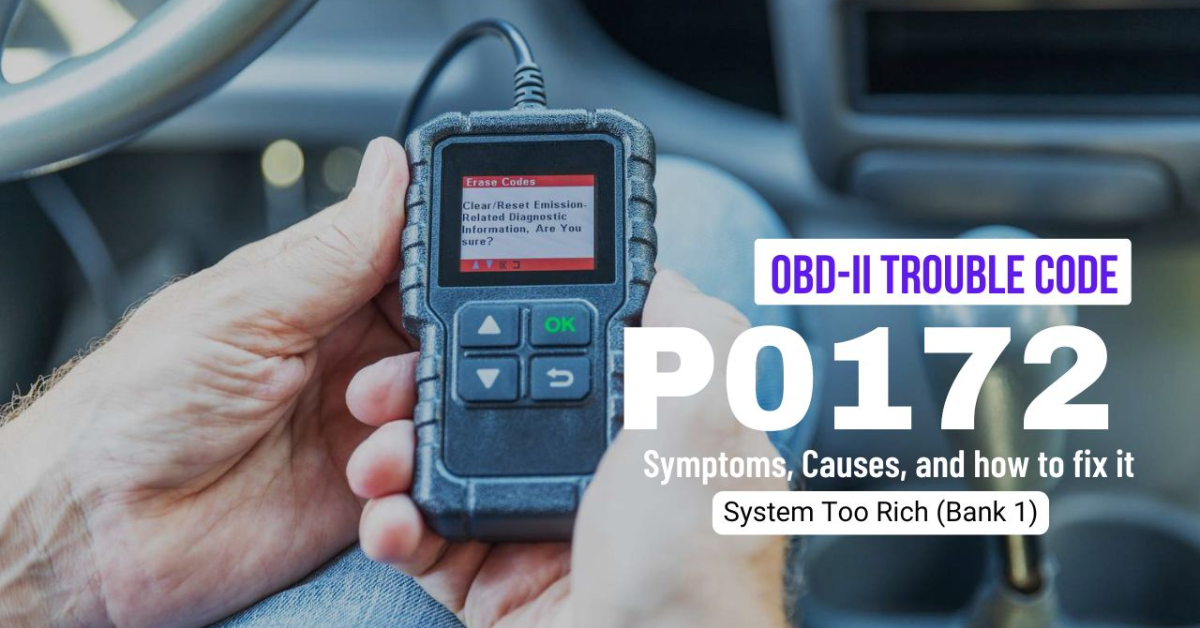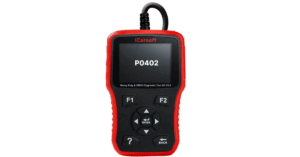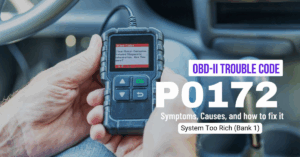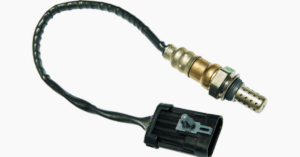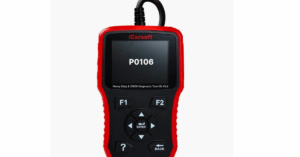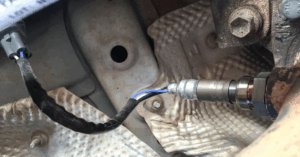When you encounter the P0172 code, it indicates that Bank 1 of your engine has a rich fuel mixture. This means the engine is receiving more fuel than it should for the air coming in, which can lead to poor performance or even damage over time. Similarly, the P0175 code represents the same issue, but for Bank 2 of the engine, which is the opposite side of Engine Bank 1.
To clarify which side is which, you should consult the firing order and cylinder location diagram to pinpoint the correct side of the engine. In my experience, understanding the layout of your engine and the relationship between Engine Bank 1 and Engine Cylinder 1 is crucial when troubleshooting these codes. Without this knowledge, identifying the source of the problem can be a challenge. Keep in mind that Engine Bank 2 is on the opposite side, which requires a bit of investigation to ensure you address the correct side of the engine.
What Does the P0172 Code Mean?
When the P0172 diagnostic trouble code (DTC) appears, it indicates that the fuel system is too rich on Bank 1 of the engine. This means there’s an excessive amount of fuel in the air-fuel mixture, or there’s not enough oxygen for proper combustion. This code is triggered by the upstream oxygen sensor (sensor 1), which measures the oxygen levels in the exhaust gases leaving the engine cylinders. If this sensor detects a high voltage signal, it points to a rich fuel mixture, which may occur due to issues like cylinder misfires caused by spark or compression problems.
The powertrain/engine control computer sets the code when it receives a voltage reading that’s higher than normal, indicating an imbalance in the air/fuel ratio, which should ideally be 14.7:1. The check engine light (CEL) will be illuminated, signaling that the system is running rich, but there may not be other related oxygen sensor fail-codes, making it tricky to pinpoint the exact cause.
What are the Symptoms of P0172
1. Illuminated Check Engine Light (MIL)
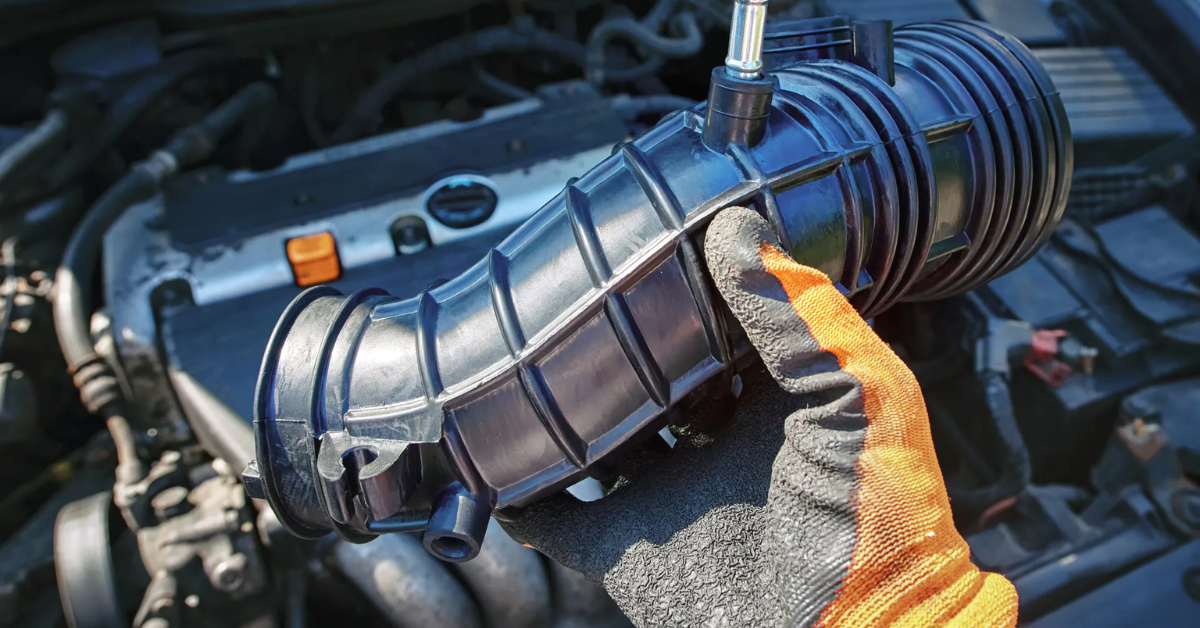
When there’s a rich fuel mixture, the ECM or PCM detects irregularities and turns on the Check Engine light. This warning light, also known as the MIL, is often the first sign that something is wrong. While the engine may not show visible issues initially, this code often points to a deeper issue with the fuel system or other engine components. If the light stays on, it’s essential to get the code checked by a diagnostic tool. The Check Engine light can be a general indicator of a variety of problems, including a rich fuel mixture.
2. Lack of Engine Power
One common symptom of a rich fuel mixture is a lack of engine power. If the fuel system isn’t properly balanced, your vehicle may feel sluggish or unable to accelerate as it should. This happens when the ECM or PCM cannot adjust fuel delivery effectively, resulting in reduced engine performance. The engine may struggle to meet the required power demands, leading to poor acceleration. If this symptom is noticed, it may be due to an imbalance in the air-fuel ratio caused by the engine running too rich.
3. Rough or Rolling Idle
A rough idle is a noticeable symptom when the engine struggles to maintain a consistent speed when stationary. It can occur if there’s an excess of fuel in the mixture. A rolling idle can also result from the engine’s inability to control fuel delivery effectively. This can happen when the ECM or PCM tries to adjust fuel flow based on inaccurate readings, causing fluctuations in engine speed. A rough idle is often accompanied by other signs like misfiring or hesitation.
4. Misfiring
Misfiring is when the engine fails to ignite fuel in one or more cylinders properly. A rich fuel mixture can cause misfires due to the excess fuel preventing proper combustion. If fuel is not being burned completely, it will result in unburned fuel passing through the exhaust system, leading to inefficiencies and engine stuttering. This issue is often noticed when accelerating or idling, causing poor engine performance. If misfiring occurs alongside an illuminated Check Engine Light, further investigation into the fuel system is needed.
5. Strong Fuel Odor
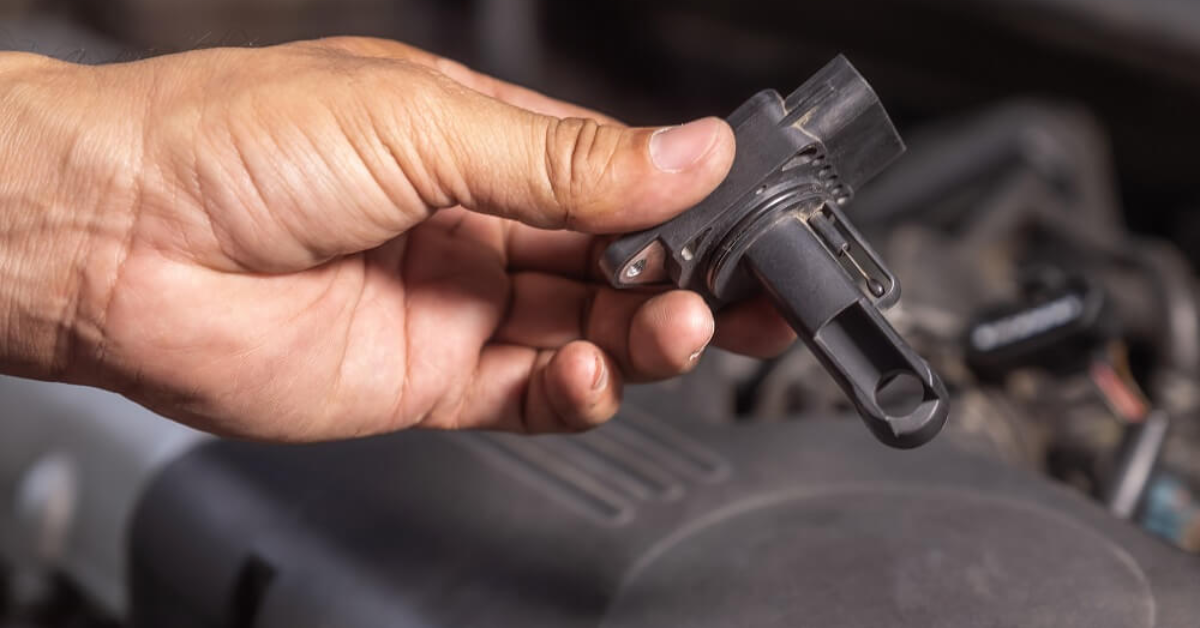
A strong fuel odor coming from the exhaust or even inside the cabin is a clear sign of a rich fuel mixture. The excess fuel that doesn’t burn properly can escape as vapor, causing this noticeable smell. If you experience this, it means that the fuel system is malfunctioning, and the engine is likely running too rich. This can be harmful if not addressed quickly, as it may affect both engine health and fuel economy. Pay attention to any unusual fuel odor coming from the exhaust lines.
6. Black Smoke from Exhaust
When there is an excessive amount of fuel in the mixture, it may not be fully burned, resulting in black smoke coming from the exhaust pipe. This is a common symptom of a rich fuel mixture, where too much fuel is injected into the engine, and it doesn’t have enough oxygen to burn properly. Black smoke signifies incomplete combustion, leading to higher fuel consumption and poor fuel economy. If you see black smoke, it’s critical to investigate the fuel system and sensors like the O2 sensor.
7. Increased Fuel Consumption
A rich fuel mixture will naturally lead to increased fuel consumption as the engine burns more fuel than necessary. This symptom occurs because the fuel system is not properly calibrated, causing more fuel to be injected into the engine than is required. As a result, the engine consumes more fuel to generate the same power output, leading to poor fuel economy. This issue often comes with a reduction in overall engine performance. If your vehicle is using more fuel than usual, it might be a sign that the engine is running rich.
8. Engine Oil Dilution with Fuel
When a vehicle runs too rich, excess fuel can dilute the engine oil, affecting its ability to lubricate the engine properly. This leads to poor engine performance and can cause long-term damage if not fixed. Engine oil dilution happens when fuel seeps past the pistons into the crankcase, mixing with the oil. This can also contribute to misfiring and increased exhaust fumes. If you notice that your engine oil has a strange odor or appears thinned out, it’s a sign that fuel is contaminating it.
9. Exhaust System Damage
When unburnt fuel reaches the exhaust system, it can combust within the exhaust lines, causing damage to key components like the catalytic converter, exhaust pipe, and muffler. Over time, this can lead to costly repairs. The excess fuel can cause these components to heat up, which might result in a failure. A damaged catalytic converter or exhaust pipe may also lead to a noticeable decrease in engine performance. This is a serious issue that requires immediate attention to avoid expensive repairs.
10. Other Codes
Sometimes, the P0172 or P0175 codes may appear alongside other diagnostic trouble codes (DTCs) related to different components. For instance, if a mass air flow sensor (MAF) code is present, it’s a logical step to investigate whether the MAF sensor is contributing to the rich fuel mixture. Other codes can help you narrow down the cause of the fuel system imbalance, providing a more accurate diagnosis. If these codes appear together, additional testing and diagnostics are essential to identify the problem.
What are the Causes of the P0172 Code
1. Contaminated Engine Oil
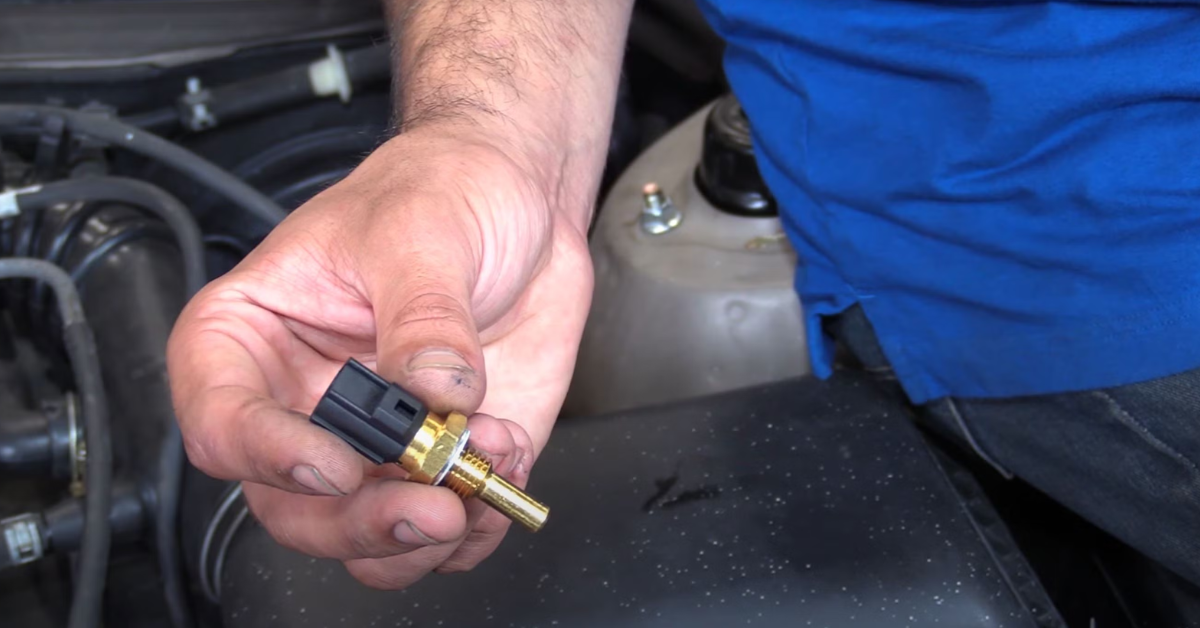
Old or contaminated engine oil can contribute to a rich fuel mixture by reducing engine performance. When it’s been too long since the last oil change, the engine may struggle to properly maintain the right air/fuel ratio. This can affect fuel delivery and impact fuel pressure, causing the PCM to trigger the P0172 code. Ensuring timely oil changes can help avoid this issue. Engine oil quality plays a critical role in maintaining the overall efficiency of your vehicle’s systems.
2. Leaking Fuel Injector
A leaking fuel injector is one of the most common causes of the P0172 code. If a fuel injector is not functioning correctly, it can cause too much fuel to enter the combustion chamber, creating a rich fuel mixture. This will trigger the engine control module to set the P0172 code. Regularly inspecting the fuel injectors for leaks can help prevent this. A leaking injector will often result in poor performance and higher fuel consumption.
3. Excessive Fuel Pressure
Excessive fuel pressure can be caused by a fuel pressure regulator malfunction or a restriction in the fuel return line. When fuel pressure is too high, the engine will receive more fuel than needed, leading to a rich mixture. This situation can also affect the fuel injector pulse, making it difficult for the engine to burn the fuel properly. Inspecting the fuel pressure regulator and fuel lines regularly can help identify these issues early. If fuel pressure isn’t regulated properly, the engine’s air-fuel mixture will be thrown off.
4. Saturated Carbon Canister
A saturated carbon canister may occur when there is fuel packing in the fuel tank. This can create air intake system problems that affect the overall fuel mixture. A saturated canister can prevent proper venting of fuel vapors, leading to an imbalance in the air-fuel ratio. This often leads to the P0172 code being set. Ensure the carbon canister is functioning properly by performing routine checks on your vehicle’s emission control system.
5. Clogged Air Filter
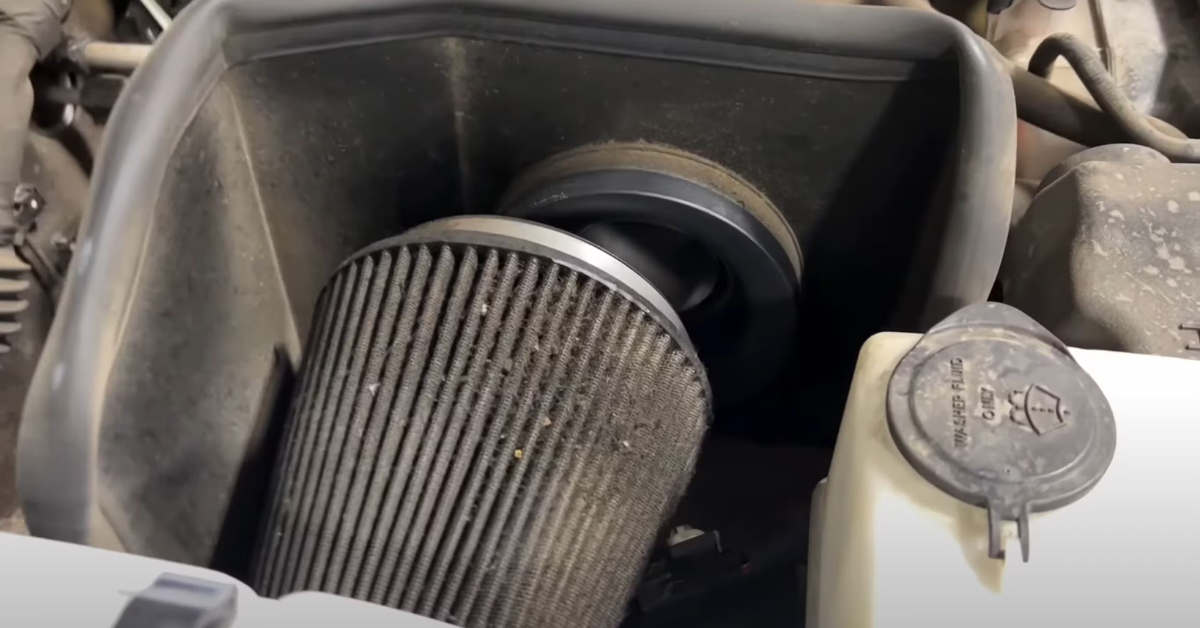
A clogged air filter can restrict air flow, preventing the engine from receiving enough oxygen for proper combustion. When not enough air enters the engine intake system, the fuel mixture becomes too rich, and the engine can struggle to perform optimally. Regularly replacing or cleaning the air filter is essential for preventing this issue. A restricted air filter can significantly affect engine performance, leading to poor fuel economy and potentially setting the P0172 code.
6. Exhaust Component Issues
Problems with exhaust components like the catalytic converter, exhaust pipe, or muffler can also cause the P0172 code. A clogged exhaust or physical damage to these components can restrict exhaust flow, leading to improper air-fuel ratios. These issues can also cause an exhaust leak, which introduces oxygen into the exhaust stream, impacting the oxygen sensor readings. Inspecting these components regularly can help avoid costly repairs. Exhaust leaks can lead to further engine problems if left unaddressed.
7. Faulty O2 Sensor
A faulty O2 sensor is another potential cause of the P0172 code. The O2 sensor monitors the amount of oxygen in the exhaust and helps the engine control module adjust the fuel mixture. When the sensor fails, it can send incorrect readings, causing the engine to run either too rich or too lean. If the O2 sensor is not working properly, it can lead to performance issues and trigger the P0172 code. Regularly checking O2 sensor functionality is key to maintaining proper fuel efficiency.
8. Exhaust Leak
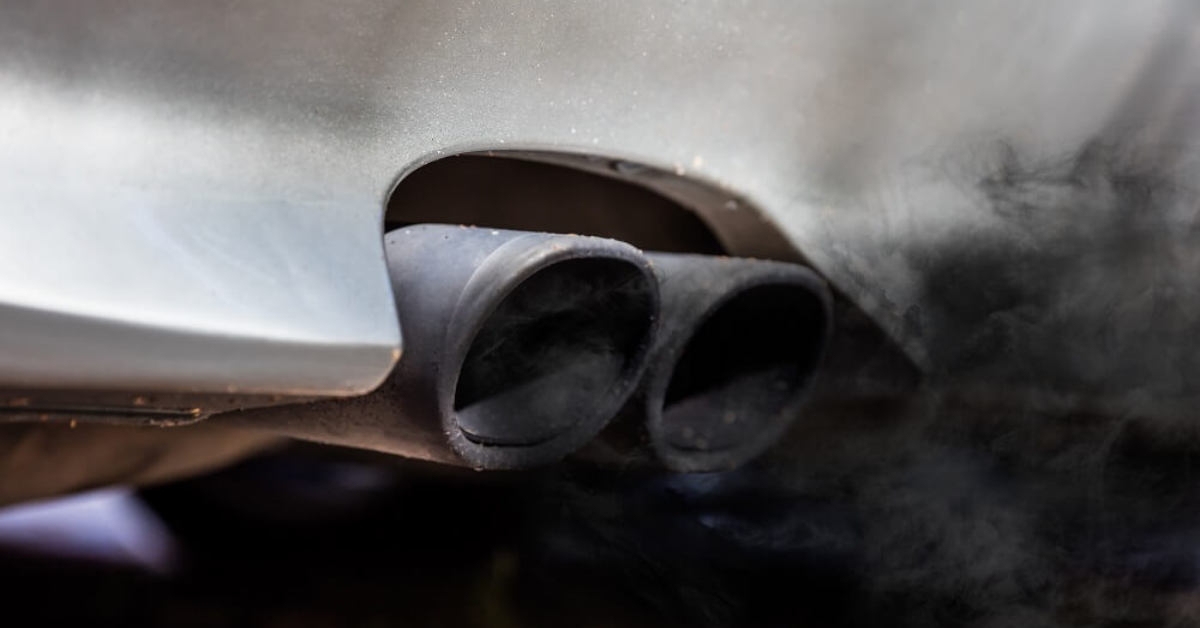
An exhaust leak upstream of the O2 sensor can allow oxygen to enter the exhaust stream, disrupting the sensor’s ability to monitor the exhaust gases accurately. This can cause the engine to run with an incorrect fuel mixture, potentially leading to the P0172 code. Exhaust leaks often cause the opposite issue—setting codes like P0171 instead of P0172, but they can still contribute to a rich condition if not repaired. Identifying exhaust leaks early can prevent further engine damage.
9. Sensor Problems
Other sensor problems, such as issues with the coolant temperature sensor or mass airflow sensor, can contribute to a rich fuel mixture. These sensors play a vital role in measuring the air/fuel ratio and help the engine control module (ECM) adjust fuel delivery accordingly. A malfunction in these sensors can lead to incorrect readings, setting the P0172 code. Checking and replacing faulty sensors is essential to keeping your engine running smoothly and efficiently.
10. Circuit Issues
Circuit issues, such as damaged wiring or loose connections, can also lead to the P0172 code. These problems prevent the engine control module from receiving accurate signals from the various sensors, including the O2 sensors and the fuel pressure sensor. Wiring problems can interrupt the communication between components, causing the engine to run with an improper fuel mixture. Regular inspections of the wiring and circuit connections can help identify and resolve these issues before they cause significant damage.
11. PCM Software Issues
In some cases, the powertrain control module (PCM) may require a software update to resolve the P0172 code. Outdated or corrupted software can affect how the ECM processes sensor data, leading to improper fuel delivery and air-fuel ratio adjustments. Ensuring that the PCM software is up to date can help eliminate software-related causes of the P0172 code. Performing regular maintenance checks on your vehicle’s PCM can prevent this issue from arising.
How P0172 Code Affects Fuel Economy
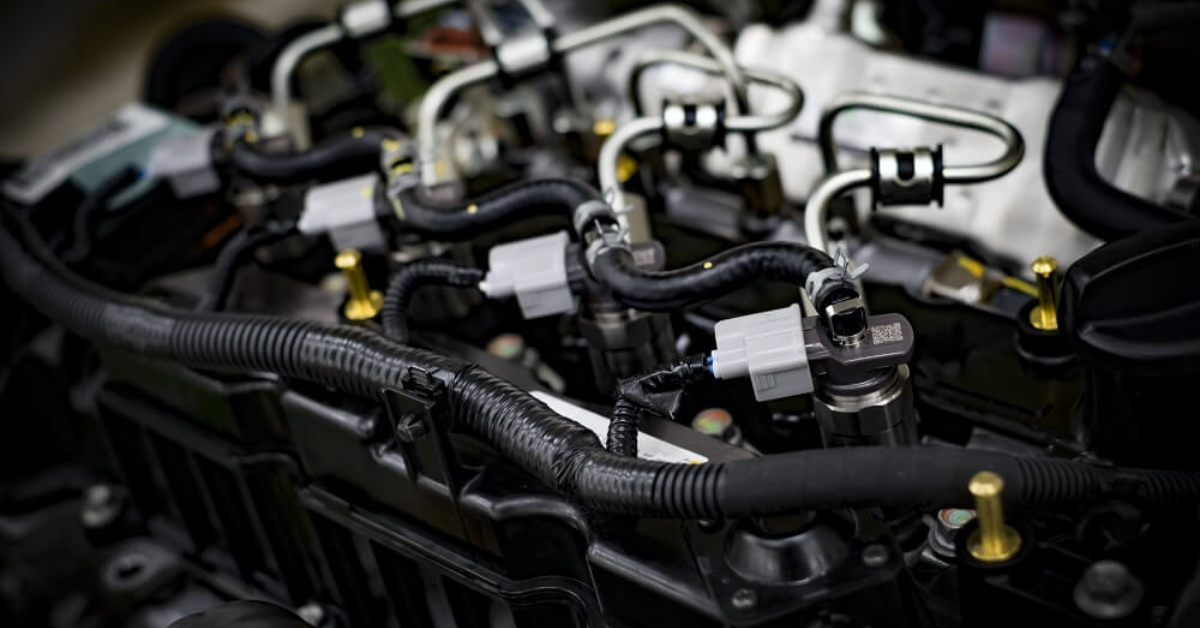
When the P0172 code triggers, it indicates that the engine is running with a rich fuel mixture, meaning there’s more fuel than needed for the amount of air entering the engine. This imbalance results in the engine using more fuel than necessary, which significantly impacts fuel economy. With excess fuel burning unnecessarily, your vehicle’s efficiency will decline, leading to more frequent trips to the gas station. In addition, this can also cause a decrease in overall engine performance, as the engine is not operating in an ideal air-fuel ratio. The cost of running your vehicle increases, and fuel economy suffers in the long run.
Impact of the P0172 Code on Engine Health
The P0172 code signals a rich fuel mixture, which, if left untreated, can cause significant long-term damage to the engine. Excess fuel that doesn’t fully combust leads to carbon build-up and engine oil dilution, negatively impacting spark plugs, pistons, and the catalytic converter. This damage can result in decreased engine performance and higher repair costs. Additionally, the engine may overheat due to improper combustion, further accelerating wear and tear on vital components. Ignoring the P0172 code will ultimately shorten the lifespan of the engine and increase the chances of costly repairs.
The P0172 code indicates that the engine is running with too much fuel, which can cause excessive fuel consumption and poor fuel economy. Over time, the build-up of carbon deposits from incomplete combustion can damage critical engine components. Additionally, fuel dilution can impair the engine’s ability to properly lubricate moving parts, leading to increased friction and wear. If not fixed, these issues can severely affect the overall engine efficiency and performance, resulting in costly repairs.
How to Fix the P0172 Code
Fixing the P0172 code is crucial to maintaining your vehicle’s performance and fuel efficiency. If you’ve encountered this code, it’s a sign that your engine is running with too much fuel, which can lead to engine damage and poor fuel economy. Follow these simple steps to diagnose and resolve the issue, ensuring your engine runs smoothly and efficiently.
1. Diagnosing the Root Cause
To fix the P0172 code, the first step is to diagnose the root cause of the problem. Check for other DTCs or trouble codes that might indicate faulty oxygen sensors or other issues. If there are additional codes, addressing those will help pinpoint the exact problem. Failed components can often lead to the P0172 code, so diagnosing thoroughly is key.
2. Check the MAF Sensor
If the MAF sensor is reading higher airflow, it could make the engine run rich and cause fuel trims to enter negative territory. This imbalance in airflow can lead to a rich fuel mixture. Inspect the MAF sensor to ensure it is clean and functioning correctly. A faulty MAF sensor can cause improper fuel delivery, triggering the P0172 code.
3. Inspect the Exhaust System
A common cause of the P0172 code is a leak in the exhaust system. If the O2 sensor is located upstream and there’s a leak near it, it can cause extra oxygen to enter the exhaust, triggering a lean condition. This imbalance can lead to an incorrect fuel mixture, which the ECM detects and sets the P0172 code. Look for any exhaust leaks, especially around the O2 sensor.
4. Monitor Fuel Pressure
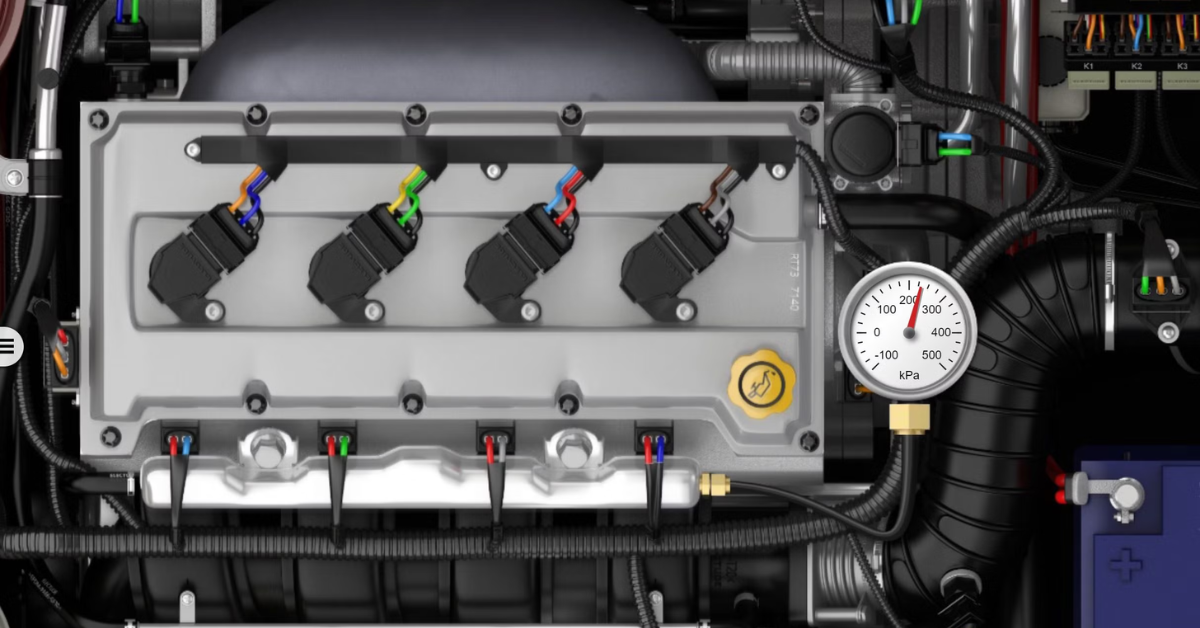
Excessive fuel pressure from a bad fuel injector or fuel pressure regulator can cause the engine to run too rich, especially in bank 2. Use a mechanical fuel pressure gauge to check for irregularities in the fuel pressure. If the fuel pressure is too high, it could flood the engine, resulting in a rich fuel mixture. Fixing fuel pressure issues is essential to preventing further damage.
5. Replace Faulty Components
After diagnosing the issue, replacing faulty components is essential. Whether it’s a fuel injector, O2 sensor, or MAF sensor, replacing these damaged parts can resolve the P0172 code. Ignoring faulty parts can lead to bigger problems, like damage to the spark plugs, pistons, or catalytic converter. Replacing parts immediately will help keep your engine running efficiently.
6. Maintain Engine Health
Keep the cooling temperature within the correct range and ensure the air filter is clean. If the engine oil has been diluted with fuel, this can cause further issues. Check the air filter and replace it if necessary, as a dirty air filter can contribute to the rich fuel mixture. Regular maintenance, such as cleaning the MAF sensor, can also help improve engine health and avoid further complications.
How Much Does It Cost to Fix the P0172 Code?
When considering the cost to fix the P0172 code, it’s important to understand that the prices mentioned in the table are estimates. These costs can vary based on factors like the vehicle’s make and model, the location of the repair, and whether you opt for OEM parts or aftermarket parts. For more accurate pricing, it’s always best to consult with a professional mechanic or get a quote from an auto repair shop. Additionally, some components like the fuel injector or powertrain control module can be expensive, so it’s essential to address the issue early to avoid further damage or engine performance problems.
By reviewing the table, you can identify the potential costs associated with replacing key components that may be causing the P0172 issue. Remember, regular maintenance of components like the air filter and O2 sensor can help prevent the code from appearing in the future, saving you money in the long run.
Cost Components for P0172 Code Repair
| Component | Cost Range ($) | Description |
| Air Filter | $15 – $60 | Essential for proper air intake, it affects fuel mixture efficiency. |
| Purge Valve | $35 – $100 | Controls fuel flow to the engine, vital for emissions control. |
| ECT Sensor | $15 – $50 | Monitors engine temperature, helps regulate fuel and air mixture. |
| Mass Air Flow Sensor | $50 – $300 | Monitors air entering the engine, which directly impacts fuel injection. |
| Fuel Injector | $50 – $200 (each) | Delivers fuel to the engine; faulty injectors cause poor combustion. |
| Fuel Pressure Regulator | $40 – $120 | Regulates fuel pressure, affects engine power, and efficiency. |
| Air/Fuel or Oxygen Sensor | $50 – $250 | Measures oxygen in the exhaust, crucial for optimal combustion. |
| Powertrain Control Module | $500 – $1,200 | Manages the engine’s overall performance, critical for efficient operation. |
Frequently Asked Questions (FAQS)
How do you fix the code P0172?
Clean or replace the MAF sensor, check for vacuum leaks, replace the air filter, inspect fuel injectors, and check the fuel pressure regulator.
How do I fix a system that is too rich?
Check and clean the MAF sensor, replace faulty oxygen sensors, inspect fuel injectors and fuel pressure, and repair any vacuum leaks.
Which O2 sensor is P0172?
It’s typically the upstream (pre-cat) O2 sensor on Bank 1.
Can bad spark plugs cause P0172?
Yes, faulty spark plugs can cause incomplete combustion, resulting in a rich fuel mixture and triggering the P0172 code.

Mian Hashir is a passionate automotive enthusiast and the lead author at Car Garagee, a website dedicated to providing in-depth car reviews, maintenance tips, and the latest news in the automotive world. With years of experience in the industry, Hashir combines his technical knowledge with a love for cars to deliver insightful and engaging content. Whether you’re a car owner or a curious reader, Mian Hashir’s articles help readers make informed decisions, from choosing the right vehicle to understanding how to keep it in top condition.

